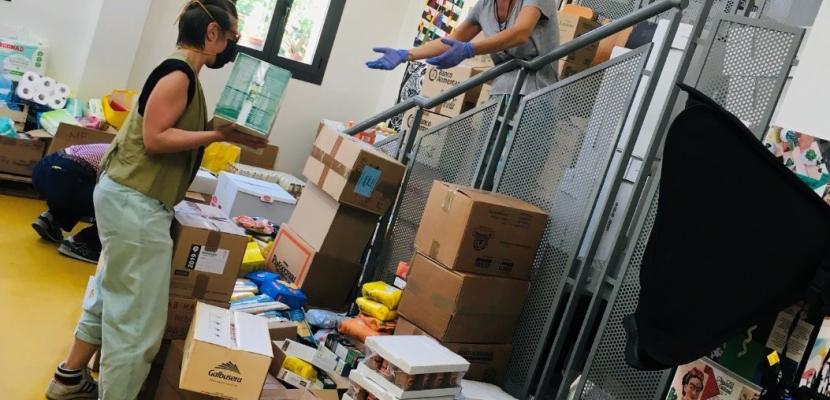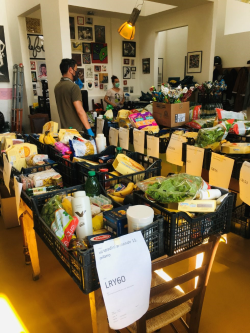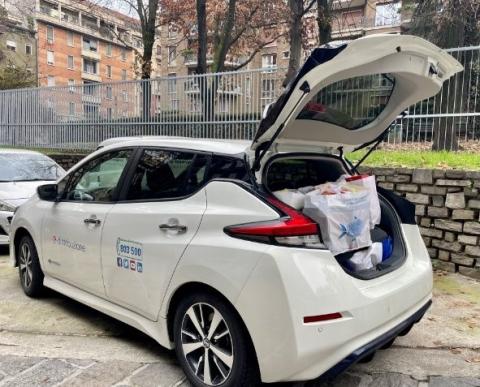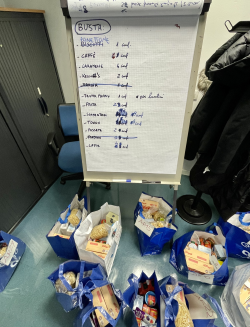
Distributing food aids while raising awareness on food waste

About this good practice
The Social and Welfare department and the Food Policy department of the Municipality of Milan set up a food aid project for families and elderly in need fuelled by public/private partnerships.
The objective was to deliver food aid to people in need and to do so in a sustainable way, while contrasting food waste in Milan. This specific project has been planned not as structural help, but rather as a temporary relief. Beneficiaries thus changed every month.
During the Covid-19 emergency this project has been adapted to help families and individuals who were home hospitalized and/or quarantined.
Milan raised awareness on and limited food waste by preparing packages responding to the receiver’s needs (e.g. no pork meat for Muslim families, low sugar and calories food for elderly and so forth).
The main stakeholders involved in this project and their roles were:
- the Social and Welfare department and the Food Policy department of the Municipality of Milan: mapping people in need, their dietary requirements and planning deliveries at their homes.
- a energy provider private company: mobilizing its employees through corporate volunteering activities, e.g. picking up food from the Food Bank, assembling customized packages, delivering packages to beneficiaries using electric vehicles.
- neighborhoods’ associations: coordinating the exchange of information between the Municipality and the Company while helping corporate volunteers and/or to further help beneficiaries.
Resources needed
This whole CSR project did not involve any money, only coordination among different stakeholders and a clear division of tasks.
Human resources needed from the Municipality of Milan have been: 1 project coordinator working part time.
Evidence of success
This project put together complementary needs from the private and public sector resulting in an efficient and sustainable way to support people in need.
All stakeholders and beneficiaries were happy and satisfied with their role and results. Around 40 different families and individuals have been helped every month with enough food and house supplies for a month: the idea was to offer a temporary relief, not full support (for which some other official policies and aids are in place).
Potential for learning or transfer
This approach has proven to be successful because companies need activities to support their corporate volunteering policies and Milan always welcomes projects on social inclusion and sustainability. Public and private needs were aligned and actions followed easily and smoothly.
This multistakeholders CSR project was implemented following principles of sustainability and social inclusion and whereas the Municipality of Milan did not communicate the results very openly, private stakeholders have used this opportunity to promote their CSR activities.
An important lesson learnt has been that when using in-kind donations and collaborations in between the private and no profit sector using the PA as a facilitator, projects can be implemented much faster and efficiently.
Further information
Images
Good practice owner
You can contact the good practice owner below for more detailed information.



